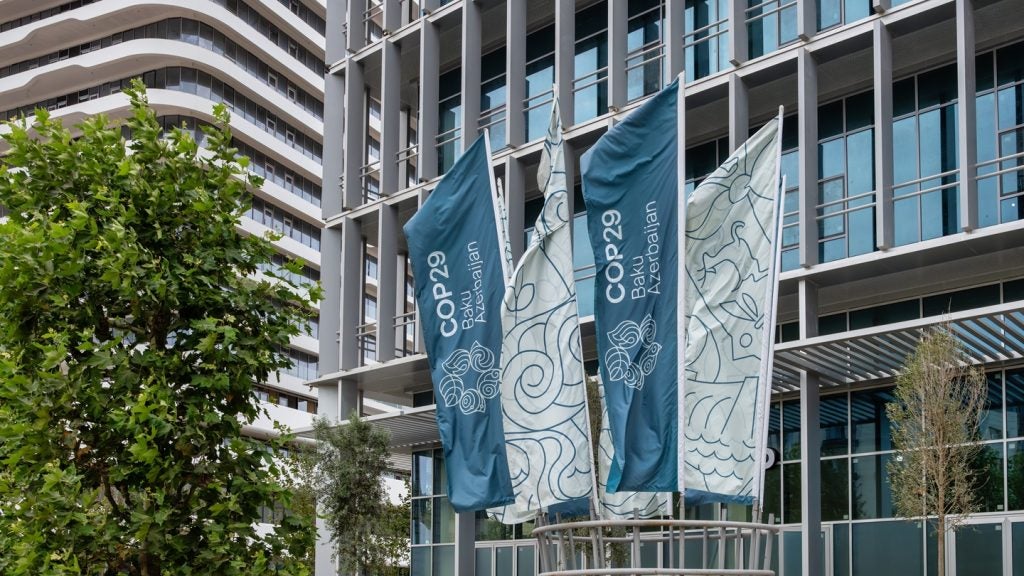The 22-nation Arab Group, led by Saudi Arabia, has declared its opposition to any UN climate agreement at the United Nations Climate Change Conference, COP29, that targets fossil fuels, according to a report by The New Arab.
The COP negotiations in Baku, Azerbaijan are primarily focused on climate finance for developing nations, but a contentious debate has emerged around the transition away from fossil fuels.
Saudi official representing the bloc Albara Tawfiq has stated: "The Arab Group will not accept any text that targets any specific sectors, including fossil fuel."
Their stance follows last year's COP28 in Dubai, where a landmark agreement on transitioning away from fossil fuels faced opposition from Saudi Arabia and the OPEC [Organization of the Petroleum Exporting Countries] group.
Irish climate minister Eamon Ryan stated: "We all know that there has been a backsliding. There has been an attempt to interpret what we agreed last year as a menu. That has to stop in the interests of the Arab Group, too."
Developed nations and climate-vulnerable countries are advocating for the reaffirmation of the Dubai commitment at COP29.
Tina Stege, climate envoy of the Marshall Islands, stated: "It is an embarrassment to all of us if we back away as climate impacts worsen all over the world. We need to transition away from fossil fuels."
Meanwhile, Azerbaijan's President Ilham Aliyev had also earlier defended his country's oil and gas industry, criticising Western nations for their stance on fossil fuels and describing it as a “well-orchestrated campaign of slander and blackmail” against its energy sector.
UN secretary-general Antonio Guterres responded to Aliyev’s remarks, asserting that continuing reliance on fossil fuels is an “absurd strategy”.
The divergent views at COP29 underscore the ongoing tension between the push for renewable energy and reliance on fossil fuels.









